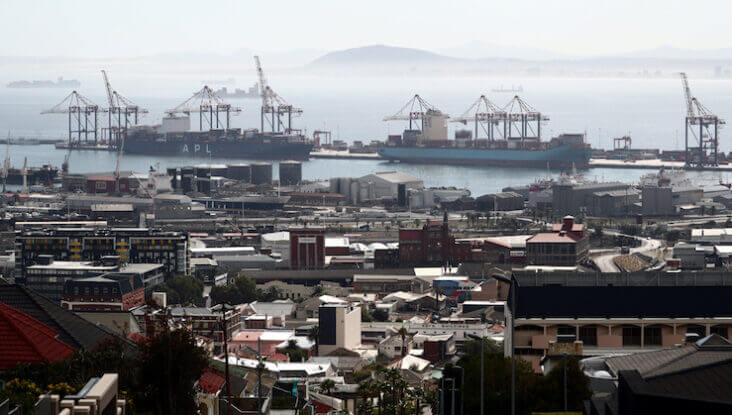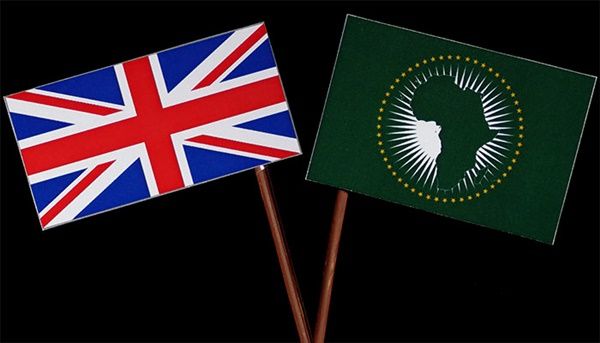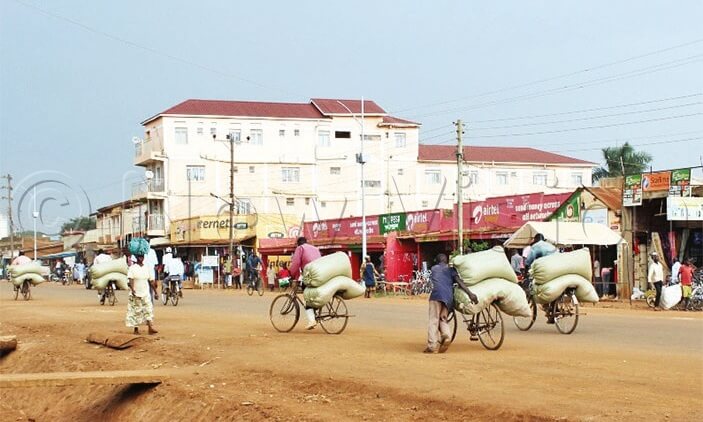The increasing calls for more economic protectionism spell disaster for Africa – and the UK must use its new freedom to rebut them Covid-19 has now spread to all corners of Africa and, as the rate of infections increase, the continent's economies are coming to a crashing halt, risking the reversal of two decades of economic progress. Trade has been the heartbeat of Africa's economic success, with the UK alone importing £12.7bn in goods and services from Africa in 2016, much of which from the agriculture sector. But this vital economic activity, and the millions of livelihoods it sustains, is under threat. Trade volumes in the East African Community are down by up to 25pc since the beginning of 2020, with even worse damage in the informal sector. There are warnings of a food security disaster on the continent. The threat is not only from Covid-19 itself. As Dr Dirk Willem te Velde, of the Overseas Development Institute, explains: "Some in the UK – and other large economies around the world – are arguing for autarky or increasingly protectionist policies that would wreak havoc on trade with Africa, often disguised as well-meaning social and environmental objectives, or attempts to protect domestic businesses and jobs. These protectionist voices must be resisted." Policymakers must understand the full consequences if stringent new production standards are imposed on imports, as some in the UK are calling for. Proxy export embargo Exports from much of Africa would be effectively locked out from the UK and...
The UK must do all it can to keep trade out of Africa flowing
Posted on: April 30, 2020
Posted on: April 30, 2020





















